Though Indiegogo is proud to be a global crowdfunding platform, we are headquartered in San Francisco and make it one of our top priorities to contribute to the local community. It’s great if those contributions still ultimately make a global impact! Thus we are extremely excited about our recent and groundbreaking partnership with the University of California, San Francisco (UCSF) to make crowdfunding a viable ally of world health and research.
UCSF is one of the United States’ — and world’s — leading universities dedicated exclusively to promoting health around the world. From its state of the art medical school (leading the country in areas like HIV/AIDS treatment) and advanced hospital facilities to its world-changing alumni and groundbreaking research, UCSF is involved in incredible efforts on a daily basis to benefit the lives of people in Indiegogo’s neighborhood — and on the other side of the world.
The inspiring and globally-focused nature of UCSF’s work made it a clear match with the concept of crowdfunding, and Indiegogo welcomed the opportunity to help UCSF students and faculty raise money and awareness for everything from research to public health projects in developing countries. Since launching the partnership last year, UCSF campaigns have raised over $30,000! Check some of them out below:
Midwives for Comadronas
UCSF professor and director of the UCSF/San Francisco General Hospital Interdepartmental Nurse-Midwifery Education program, Jenna Shaw-Battista, raised money to bring crucial skills and supplies to the midwives of Guatemala.
Mysteries of the Placenta
The UCSF Global Turnaway Study
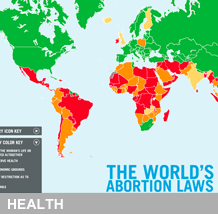 The UCSF Global Turnaway Study
The UCSF Global Turnaway Study
Advancing New Standards in Reproductive Health (ANSIRH) is a research group at UCSF that is conducting the “UCSF Global Turnaway Study,” which is global study that focuses on the negative effect of strict abortion laws on women’s health.
I got an opportunity to speak to Daniel Scarpelli — the Senior Director of Annual and Special Giving in the Office of Development & Alumni Relations at UCSF — and Tuhin Sinha — the Associate Director of Strategic Development in the Office of Innovation, Technology & Alliances at UCSF — about their partnership with Indiegogo and the future of health and crowdfunding:
How did your team find out about Indiegogo and crowd funding?
Tuhin met Eric Shell [Indiegogo co-founder] at a friendly dinner and was introduced to crowdfunding in fall of 2009. Interest in using crowdfunding for science was sparked by an article in the New York Times highlighting a science study on pigeon migration patterns that was funded on Kickstarter in summer of 2011.
Why did you decide to partner with Indiegogo?
Both sides seemed interested in seeing if crowdfunding could work in research and science. Indiegogo was one of the few crowdfunding platforms available at the time and the fact that the offices are local, and the platform’s reach is global, are plusses.
What long-term role do you see crowdfunding having in global health as well as education?
Unknown at this point. Early experience from us and others seem to indicate mixed success. However, this is fertile ground and best-practices for science and research crowdfunding have yet to be determined. At the very least, our hope is that our crowdfunding effort turns new people on to the tremendous work being done at UC San Francisco, from scientific discovery to patient care.
How is research traditionally funded? How could crowdfunding change that?
Research is traditionally funded by government agencies like the NIH and industry. In the past decade, research and science funding has taken tremendous cuts in congressional budgets. Even now the NIH budget stands to lose 8%, or almost $2.5bn dollars in the forthcoming budget discussions. Crowdfunding stands in a position to help supplement this dramatic reduction in science spending in the US. However, much remains to be learned in transforming the staid peer-review process for scientific funding to the democratized review process that a platform like Indiegogo demands.
Can you tell me a little bit about the campaigns on your partner page?
By coincidence, our early campaigns all have had a focus on international health and/or women’s health. The ANSIRH campaign, while only 34% funded on the Indiegogo platform, was subsequently funded by an anonymous $80,000 contribution. We’re confident that this was a result of our campaigners’ efforts and the use of a global platform like Indiegogo.
What have been some non-monetary benefits of your crowdfunding experience?
The use of the platform, and our campaigners’ persistence and creativity, gives us the opportunity to share our research with new audiences, which is very exciting. Campaigners have also been introduced to a new way of seeking support and promoting their important work. They’re learning that fundraising is hard world, but it’s tremendously fulfilling to see new contributions come through from people all over the world. It’s humbling.
What’s your best piece of advice for crowdfunding educators and health professionals?
Make it personal. Don’t be shy about sharing ideas, promoting yourself and the impact of your work on others. We’re encouraging our campaigners to tell their own stories about their work, while also articulating the ultimate benefit for others around the globe.
What’s next for UCSF and crowdfunding?
The scientists, physicians, and healthcare professionals at UCSF are doing really amazing work every day – life-saving work, including basic science research, device- and drug-development, and innovative patient care delivery. We hope that some initial success on Indiegogo encourages others to jump aboard the crowdfunding bandwagon.
A big thank you to Daniel Scarpelli, Tuhin Sinha, and everyone at UCSF who has made this partnership an inspiring thing to witness! Check out UCSF’s partner page!
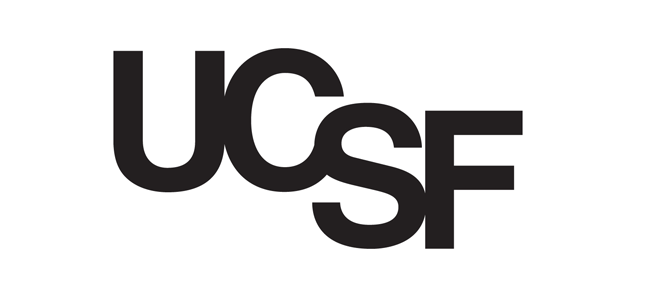
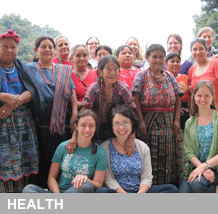

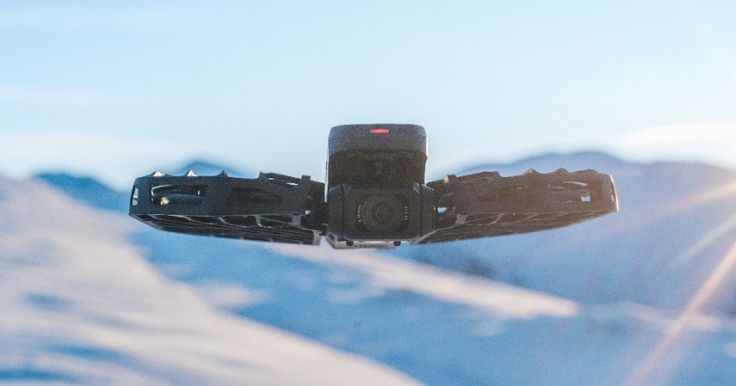
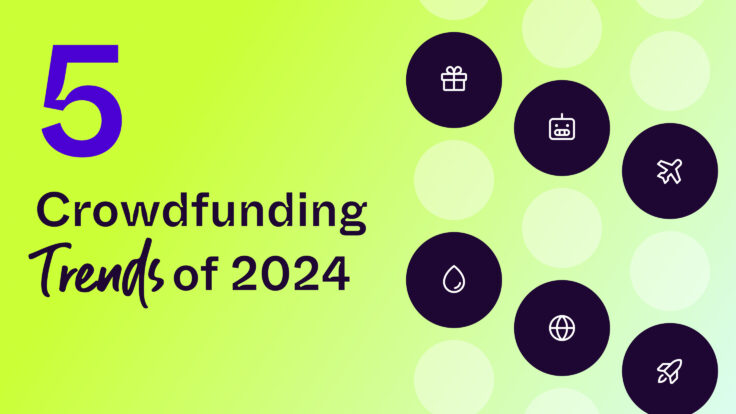
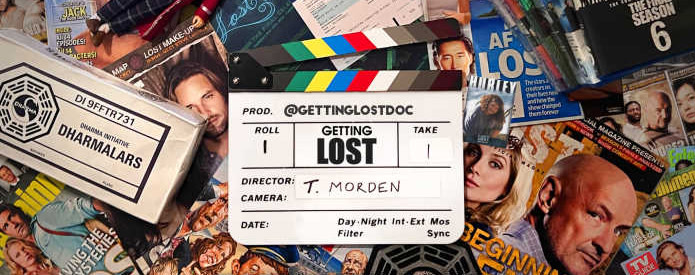
You must be logged in to post a comment.